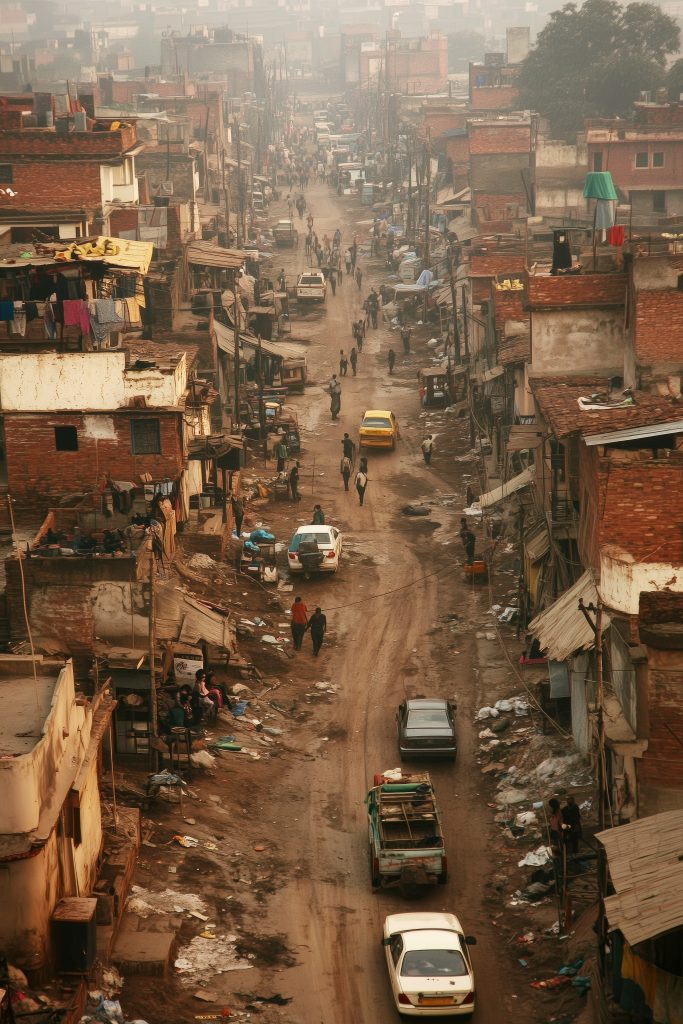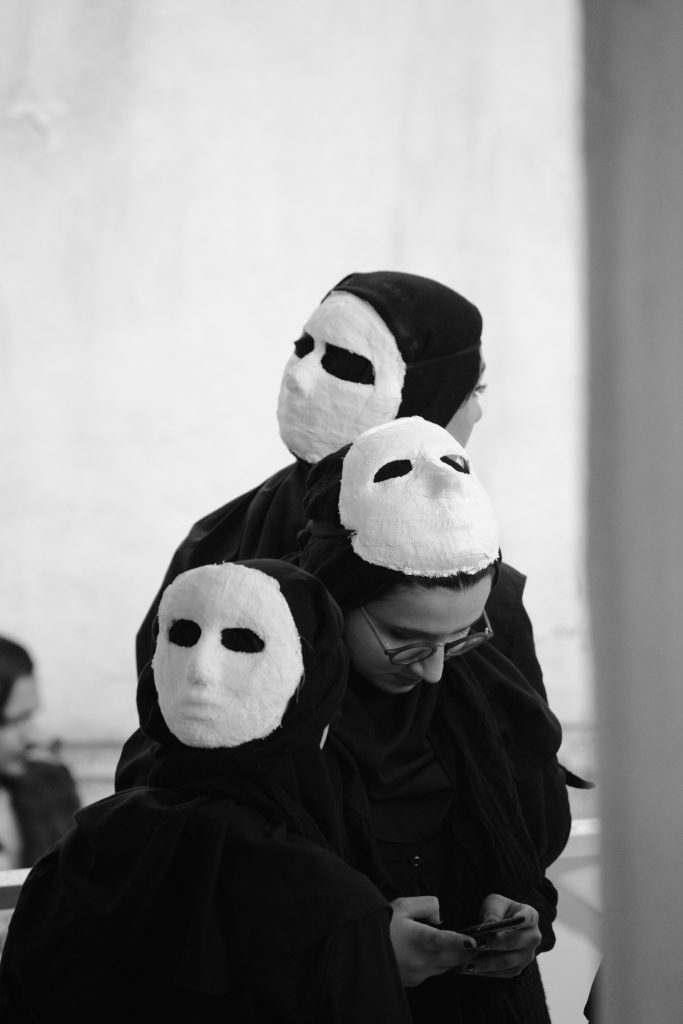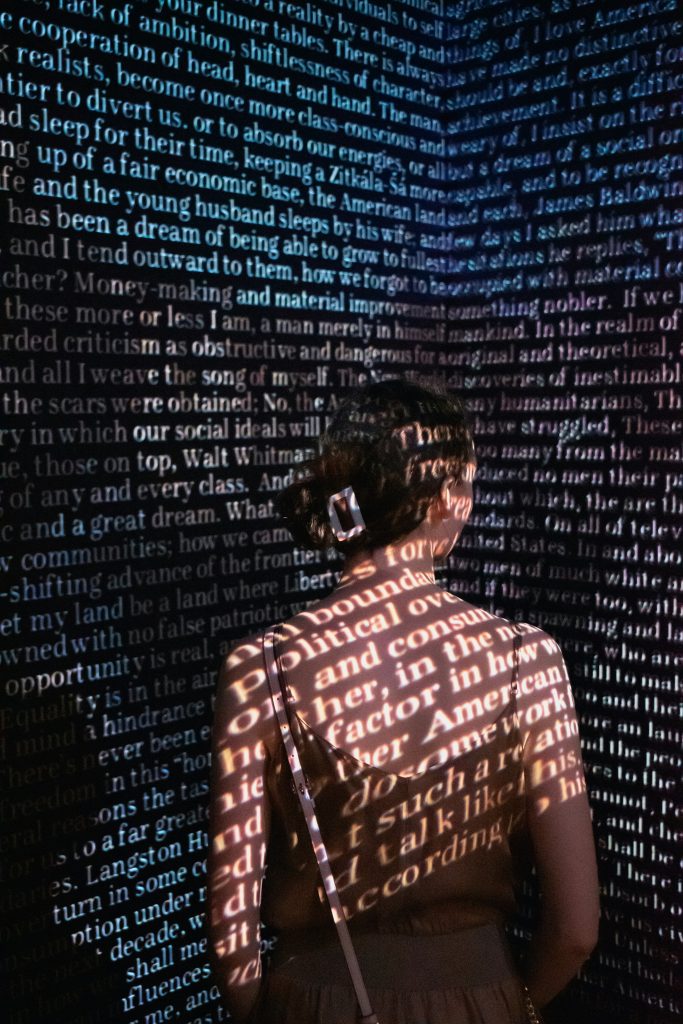
The overall context of uncertainty
The 21st century began with a series of major upheavals. Health crises, ecological collapse, geopolitical tensions, economic changes, mass migration, information wars, and the rise of extremism: all signs of a world in total imbalance, where uncertainty is becoming a permanent condition of both individual and collective existence. In this context of general and widespread vulnerability, communication no longer appears as a simple functional tool for transmitting messages, but as a fundamental act of identity and social bond building, a strategic issue of power and influence, and a structuring dimension of democratic and institutional life.
Uncertainty not only scrutinizes facts and events, but also affects how we perceive, discuss, interpret, and act upon them. In a world saturated with discourse, the crisis is also a crisis of meaning and significance. This is why rethinking communication today cannot be done without questioning the cognitive frameworks, languages, devices, and mediations that organize our relationship to reality.
Actors and the restructuring of communication powers
One of the dominant features of this era is the decentralization of voices. Where traditional powers, whether political, media, or scientific, once held a monopoly on public discourse, digital technologies have completely redistributed roles: anyone can now produce, disseminate, and relay information, profoundly redefining the actors in the public sphere.
But this apparent openness does not guarantee equality, quality, or truthfulness in exchanges, let alone data. Inequalities in access, information bubbles, algorithmic manipulation, and digital influence strategies are giving rise to new forms of symbolic domination. Alongside traditional actors, we are seeing the emergence of a constellation of new players: influencers, activist collectives, trolls, and generative artificial intelligence, each playing an ambivalent role between mobilization and disinformation, innovation and instrumentalization.
Rethinking communication therefore also means reexamining power relations, legitimacy, and new configurations of authority in a world where information circulates quickly, but often at the expense of understanding and dialogue.


Dynamics, mechanisms, and crises of meaning
Les dynamiques communicationnelles actuelles sont profondément marquées par une accélération technique et cognitive. Nous sommes confrontés à une multiplication des canaux, des formats, des temporalités. La communication devient instantanée, fragmentée, visuelle, émotionnelle, interactive. Mais cette densité ne garantit pas une meilleure qualité des échanges. Au contraire, l’attention devient une ressource rare, la confusion règne sur les sources, les intentions et les cadres interprétatifs.
Dans les organisations, les institutions publiques, les médias ou l’enseignement, les logiques de communication stratégique ont envahi l’espace, parfois au détriment du sens et de la transparence. Trop souvent, la communication devient une façade, un instrument de gestion de l’image, un mécanisme de contrôle. Cela produit une perte de confiance généralisée, un scepticisme croissant des citoyens vis-à-vis des discours institutionnels, scientifiques ou politiques.
Dans ce contexte spécifique, repenser la communication implique de réhabiliter l’écoute, la lenteur, la complexité, la réflexivité. Cela suppose aussi de revisiter nos outils méthodologiques, nos grilles de lecture, nos pratiques professionnelles. La communication ne peut plus être seulement performative ; elle doit être responsable, inclusive, située et critique.Current communication dynamics are deeply marked by technical and cognitive acceleration. We are faced with a proliferation of channels, formats, and timeframes. Communication is becoming instantaneous, fragmented, visual, emotional, and interactive. But this density does not guarantee better quality exchanges. On the contrary, attention is becoming a scarce resource, and confusion reigns over sources, intentions, and interpretive frameworks.
In organizations, public institutions, the media, and education, strategic communication logic has invaded the space, sometimes to the detriment of meaning and transparency. Too often, communication becomes a facade, an image management tool, a control mechanism. This leads to a widespread loss of trust and growing skepticism among citizens toward institutional, scientific, and political discourse.
In this specific context, rethinking communication means rehabilitating listening, slowness, complexity, and reflexivity. It also means revisiting our methodological tools, our interpretive frameworks, and our professional practices. Communication can no longer be merely performative; it must be responsible, inclusive, situated, and critical.
Towards an ethics of communication in the age of emerging technologies
Artificial intelligence, conversational agents, big data, augmented reality, and metaverses are revolutionizing our very conceptions of language, storytelling, and mediation. These technologies are not neutral: they transform the conditions of speech, visibility filters, and decision-making processes. They force us to redefine the humanities of communication.
Faced with these challenges, communication science research has a major role to play. Not to slavishly support innovation, but to question its purposes, effects, and possible abuses. Rethinking communication also means repoliticizing technology, restoring its social, cultural, and ethical significance.
CISC 2025 is part of this ambition. By bringing together researchers, practitioners, students, and committed actors, it offers a space for exchange, confrontation, and co-construction around the major issues of our time. It invites collective, multilingual, and interdisciplinary reflection on the conditions of possibility for communication that is not only effective, but also meaningful, just, and connected.

